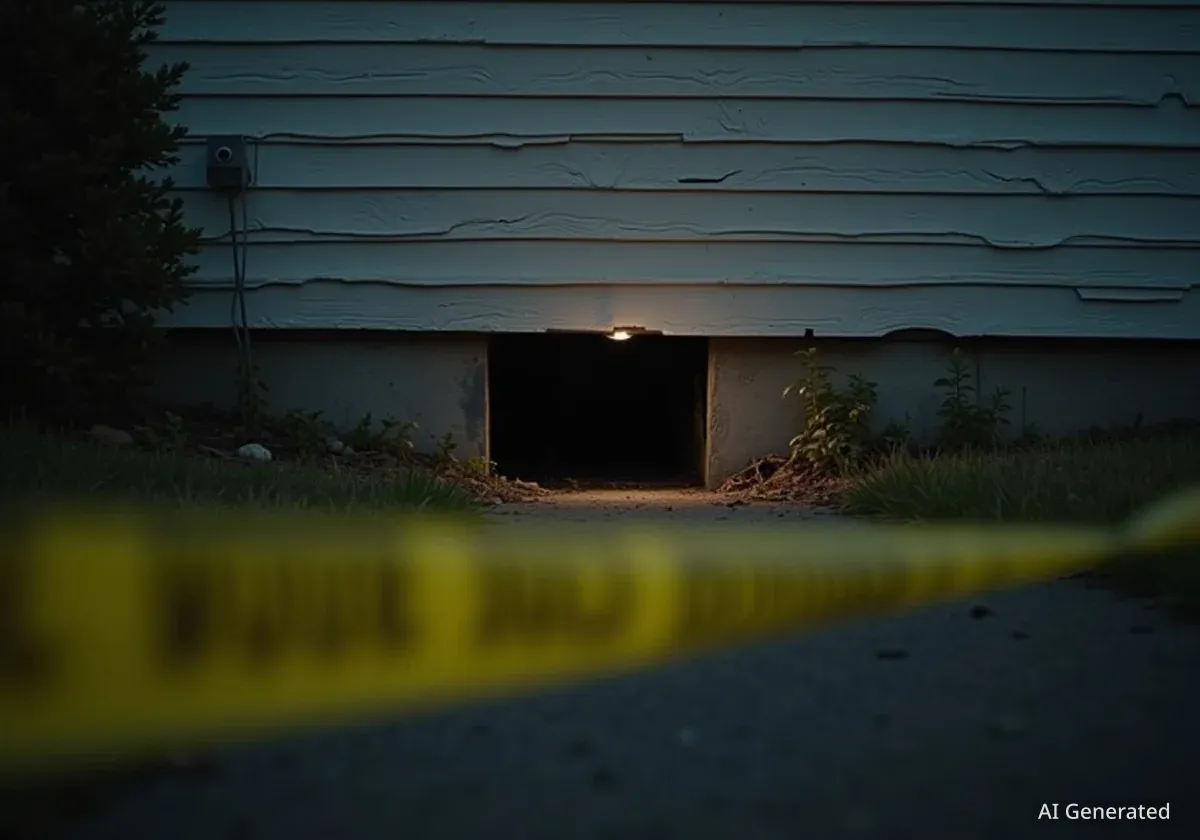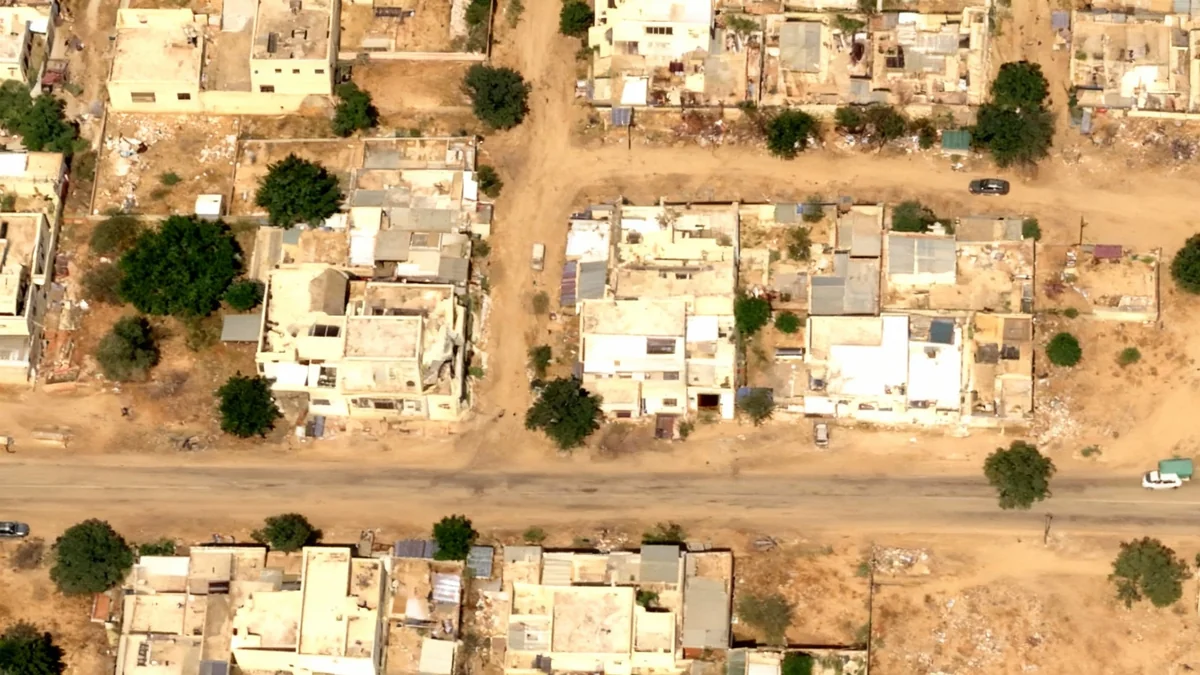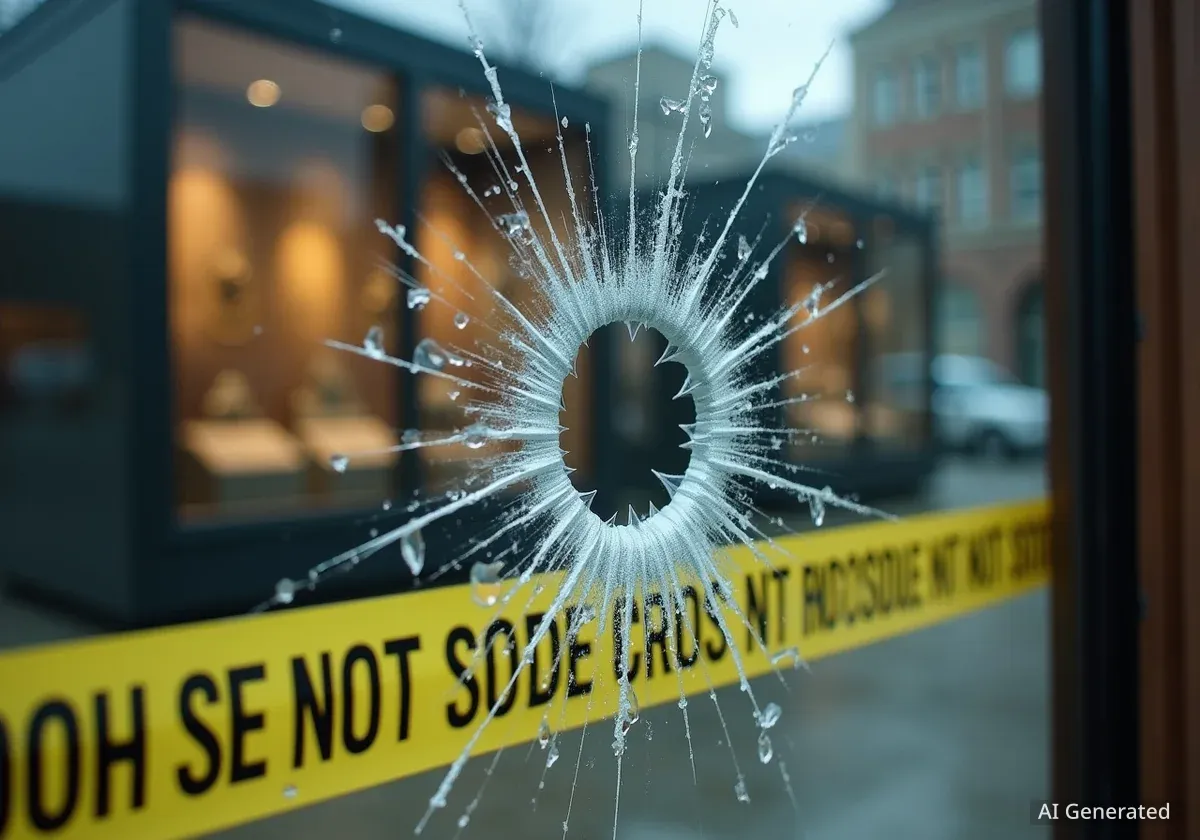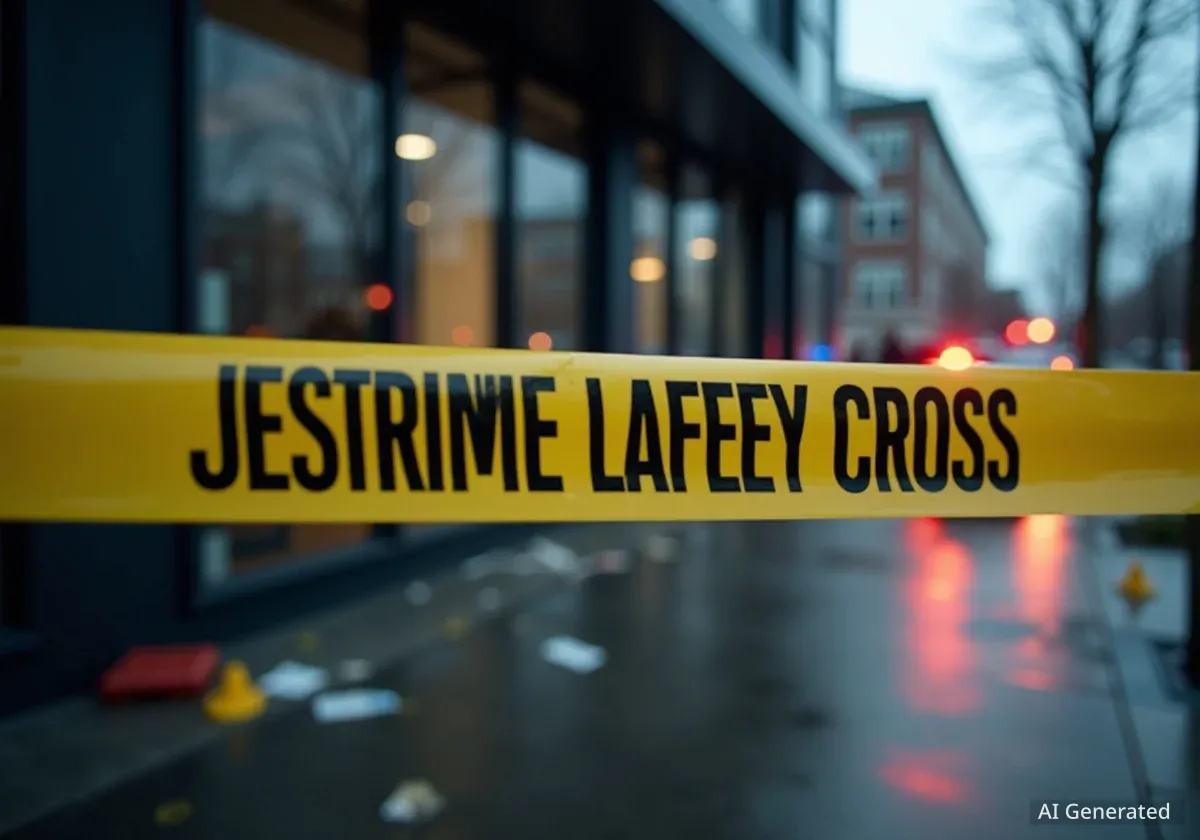A cold case from Salinas, California, involving the murder of a teenager in the 1980s and the later discovery of his remains, is again drawing national attention. The Investigation Discovery true-crime series "A Body in the Basement" is featuring the story, bringing details of the crime and its resolution to a wider audience decades after the events unfolded. The case highlights the complex and often prolonged nature of criminal investigations, especially when initial leads are scarce.
Key Takeaways
- Christopher Denoyer, 16, was murdered in the 1980s.
- His body was found in a crawl space in 1998 by a new tenant.
- Stepfather Jackson Villarta was convicted in 2000.
- The case is now featured in the docuseries "A Body in the Basement."
The Discovery and Initial Investigation
The remains of Christopher Denoyer, a 16-year-old former North Salinas High School football player, were discovered in 1998. They were found buried beneath the crawl space of a residence located at 248 Navajo Drive in Salinas. A new tenant at the property made the discovery. They noticed shoes protruding from the dirt and proceeded to unearth the badly decomposed body. The tenant then contacted the Salinas police department.
Law enforcement officials quickly identified the remains as Christopher Denoyer. He had been reported missing by his family years earlier, and his whereabouts remained unknown for a significant period. The discovery launched a renewed and intensive investigation into what had happened to the teenager. Forensic analysis confirmed that Denoyer had been shot multiple times.
Case Fact
Christopher Denoyer was shot five times. Wounds were found in both his head and back, according to prosecutors.
Identifying the Perpetrator
The investigation eventually focused on Denoyer's stepfather, Jackson Villarta. Prosecutors detailed a turbulent relationship between Villarta and Denoyer. They stated that Villarta harbored a strong desire to eliminate his stepson. This motive became a central part of the prosecution's argument during the subsequent legal proceedings.
Villarta was arrested in connection with Denoyer's murder. The legal process was not straightforward. An initial trial resulted in a hung jury, meaning the jurors could not reach a unanimous decision. This outcome required a second trial to be convened. Eventually, in 2000, Jackson Villarta was convicted of Denoyer’s murder.
"Prosecutors described the relationship between Villarta and Denoyer as turbulent and said Villarta wanted to get rid of his stepson. During the trial, Villarta admitted he despised him, but not enough to kill him."
Sentencing and Parole Denial
Following his conviction, Jackson Villarta received a sentence of 17 years to life in prison. This sentence reflected the severity of the crime and the judicial system's response to such violent acts. The possibility of parole meant that Villarta could, at some point, seek release from incarceration. However, this process is rigorous and depends on various factors, including the inmate's conduct and the nature of their original crime.
In 2023, Villarta became eligible for parole. His request for parole was denied. This decision means he will remain incarcerated for the foreseeable future. Parole boards consider many aspects, including the impact on victims' families and public safety concerns, when making such determinations. The denial indicated that, in the board's assessment, Villarta was not yet suitable for release.
Background on Cold Cases
A cold case refers to an unsolved criminal investigation that remains open but is not being actively pursued. These cases may be reopened due to new evidence, improved forensic techniques, or renewed public interest, such as through docuseries. The Christopher Denoyer case exemplifies how technology and media attention can bring new life to old investigations, even decades later.
Docuseries Brings Case to National Stage
The murder of Christopher Denoyer is now being featured in the Investigation Discovery true-crime series "A Body in the Basement." The episode dedicated to this case is Season 2, Episode 8, titled "Aroma of Death." This national platform allows the intricate details of the investigation, the discovery, and the trial to reach a broad audience. True-crime docuseries often play a role in raising public awareness about past crimes and can sometimes even lead to new information emerging in other cases.
The series explores the circumstances surrounding Denoyer's death, the challenges faced by law enforcement, and the legal battle that led to Villarta's conviction. It provides a detailed account for viewers interested in the complexities of criminal justice and the human stories behind such tragedies. The renewed attention ensures that Christopher Denoyer's story and the efforts to bring his killer to justice are not forgotten.
- Discovery Channel's Investigation Discovery is a popular network for true-crime programming.
- The series "A Body in the Basement" focuses on cases where bodies are found in unexpected, often hidden, locations within homes.
- These programs often combine archival footage, interviews with involved parties, and dramatic reenactments to tell the story.
Impact on the Community and Family
The murder of Christopher Denoyer deeply affected the Salinas community and, most significantly, his family. The years he was missing, followed by the gruesome discovery of his body, created a lasting impact. The subsequent trials brought painful details to light, forcing the family to relive the trauma. Even after Villarta's conviction, the emotional scars remain.
The docuseries serves as a reminder of the tragedy, but also of the persistent efforts to achieve justice. For many families affected by similar crimes, national media attention can be a double-edged sword, bringing both renewed pain and a sense of validation that their loved one's story is being told and remembered. The case of Christopher Denoyer stands as a somber chapter in Salinas' history, now re-examined for a new generation.





